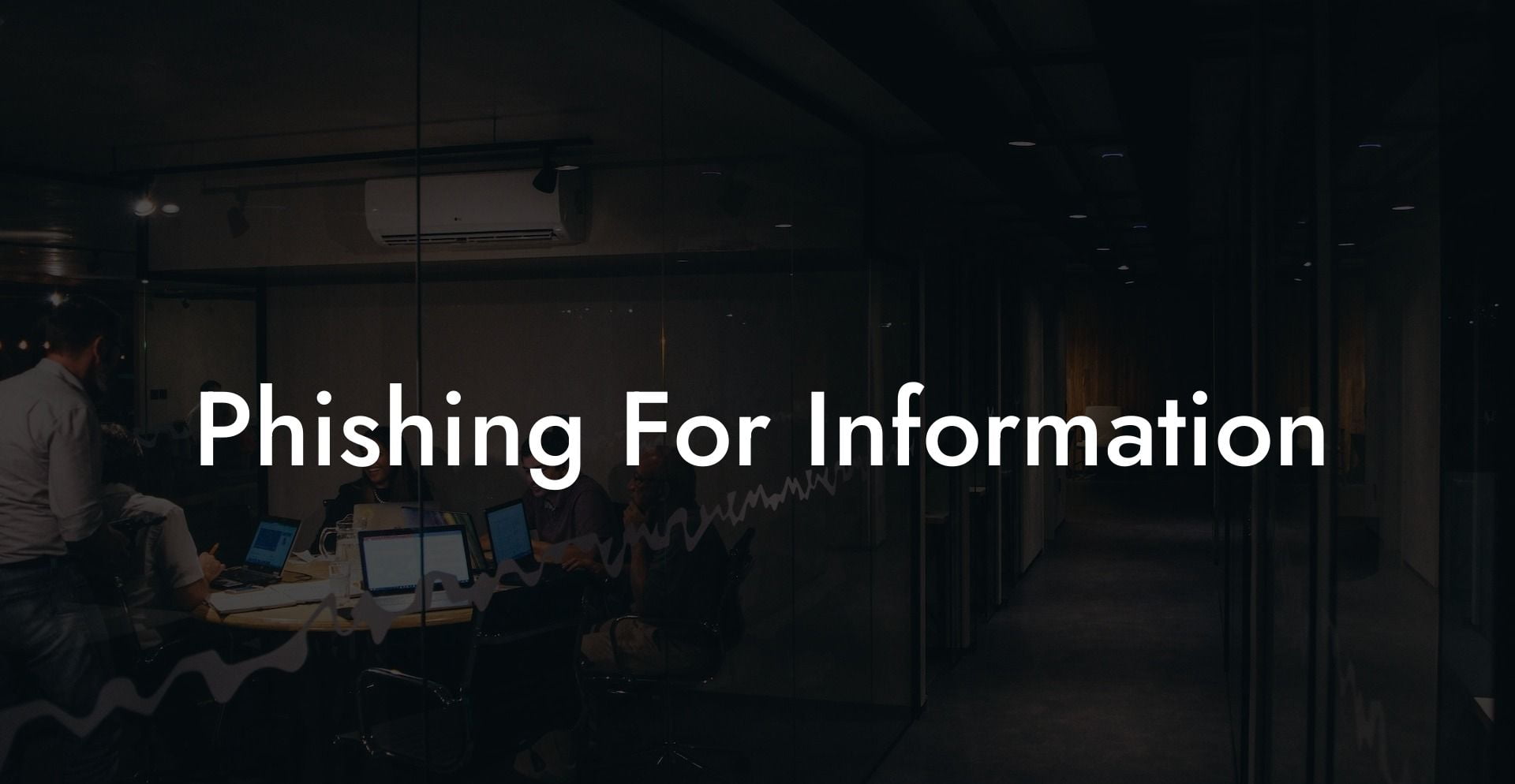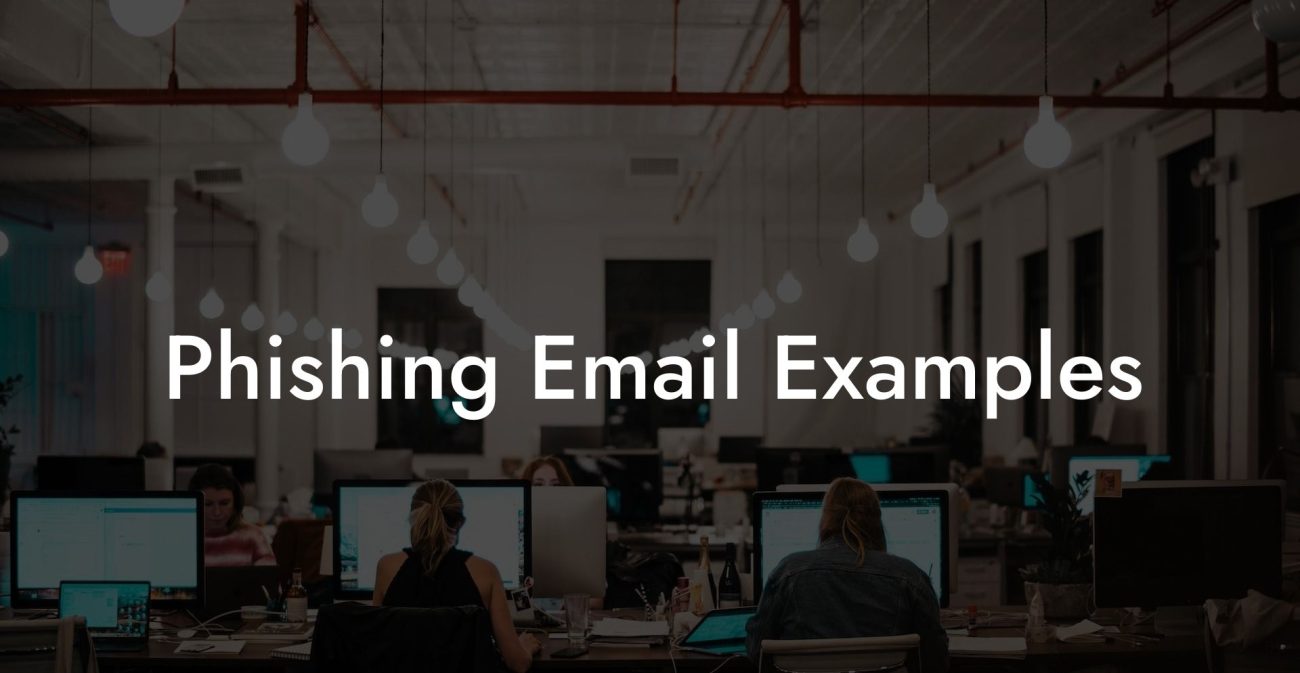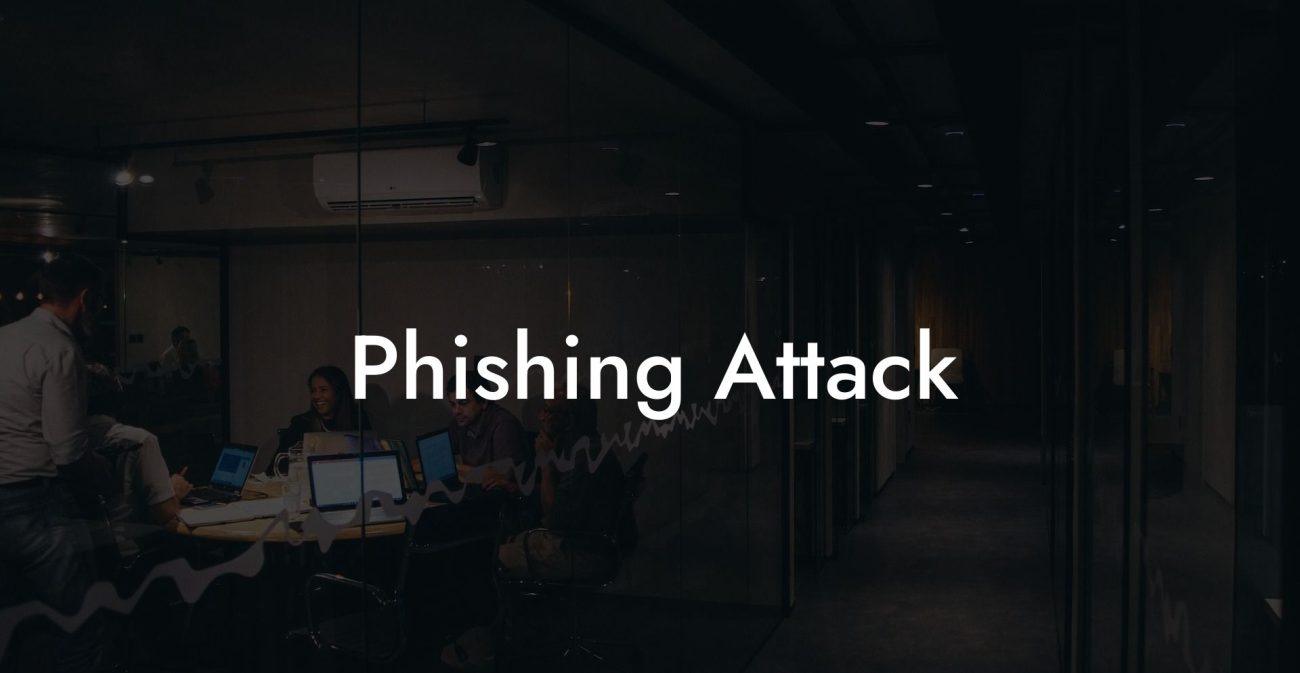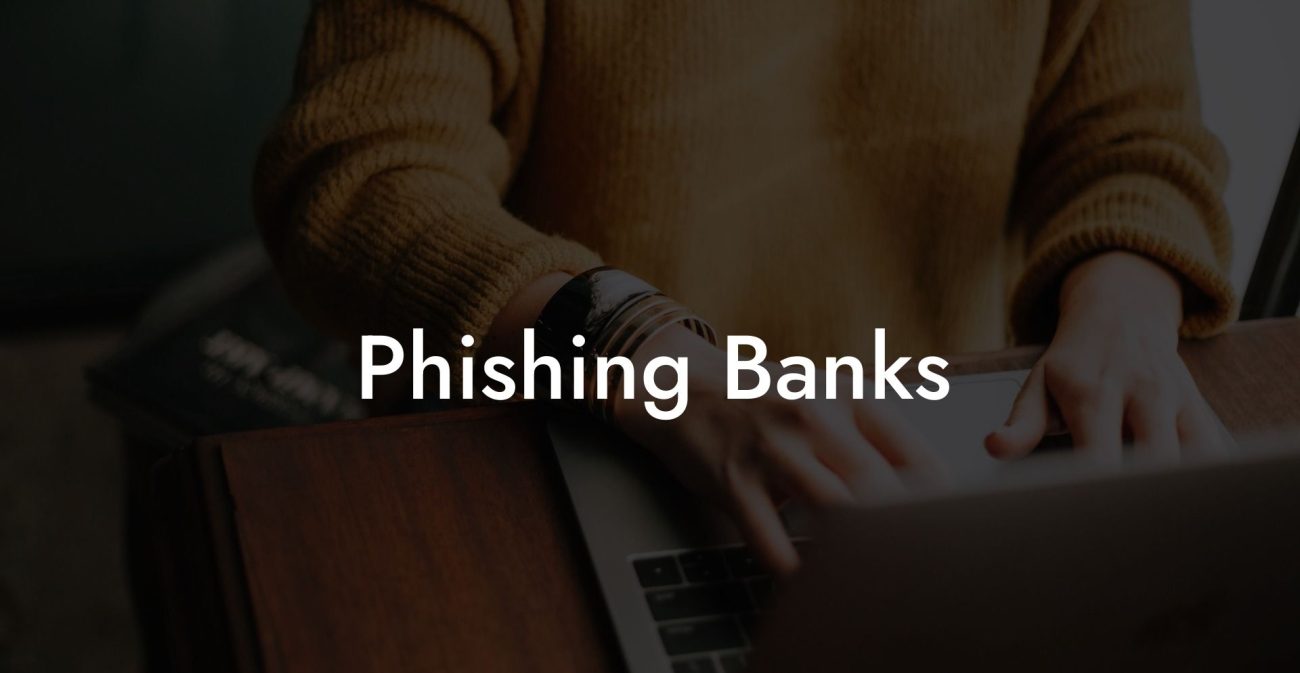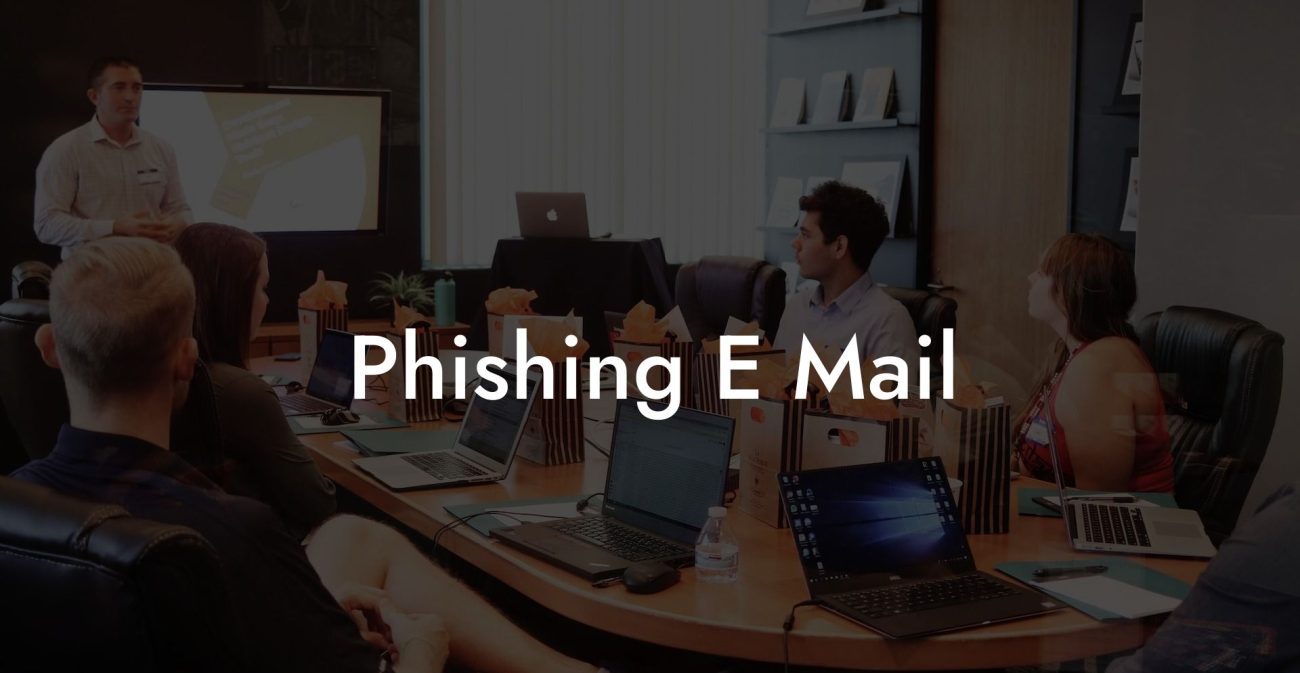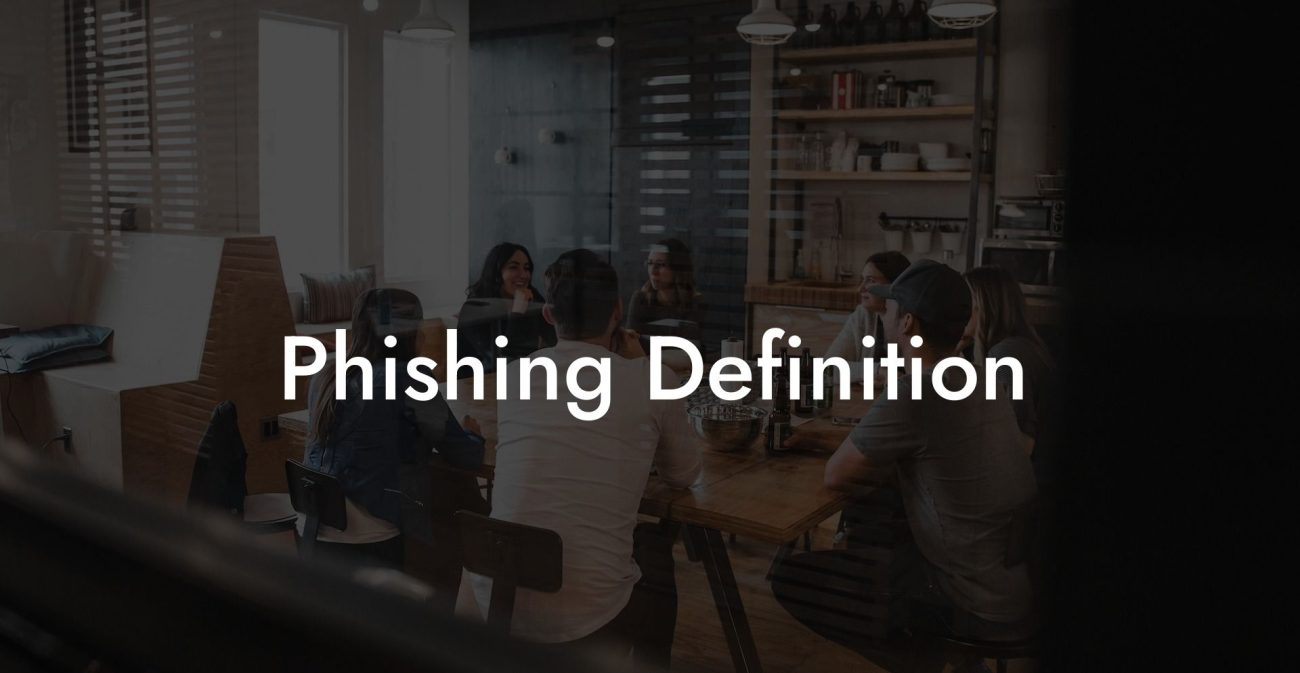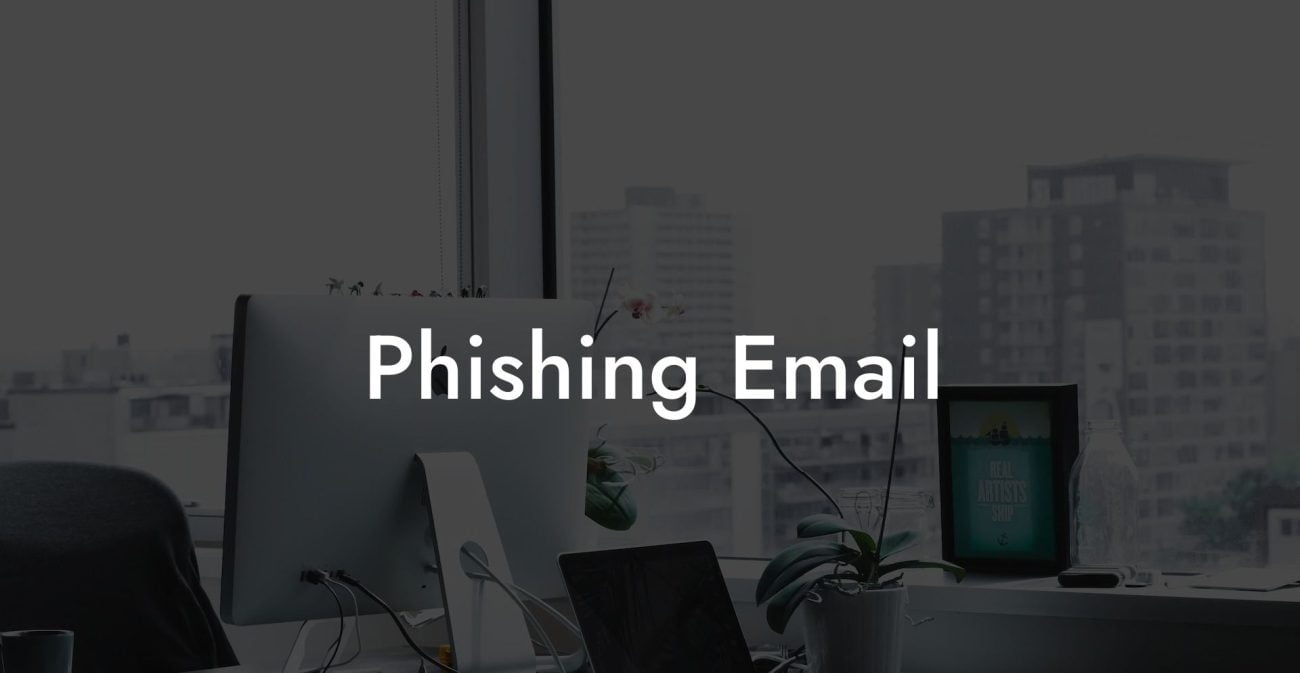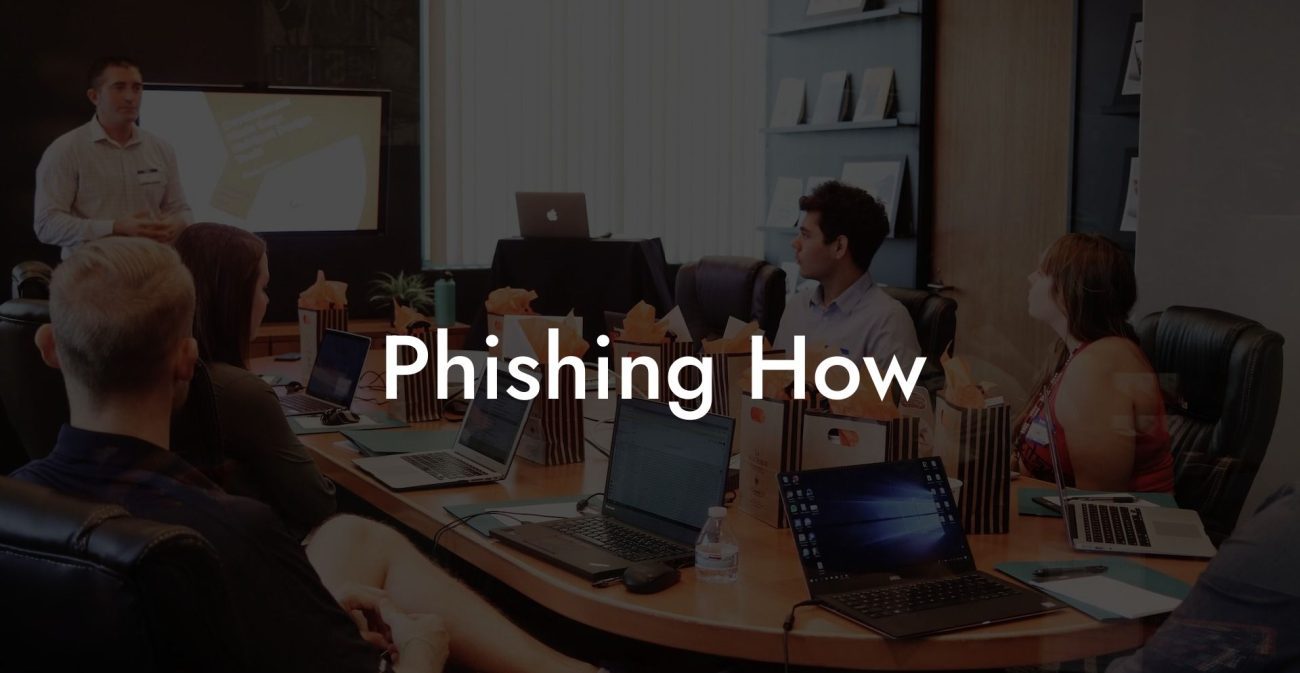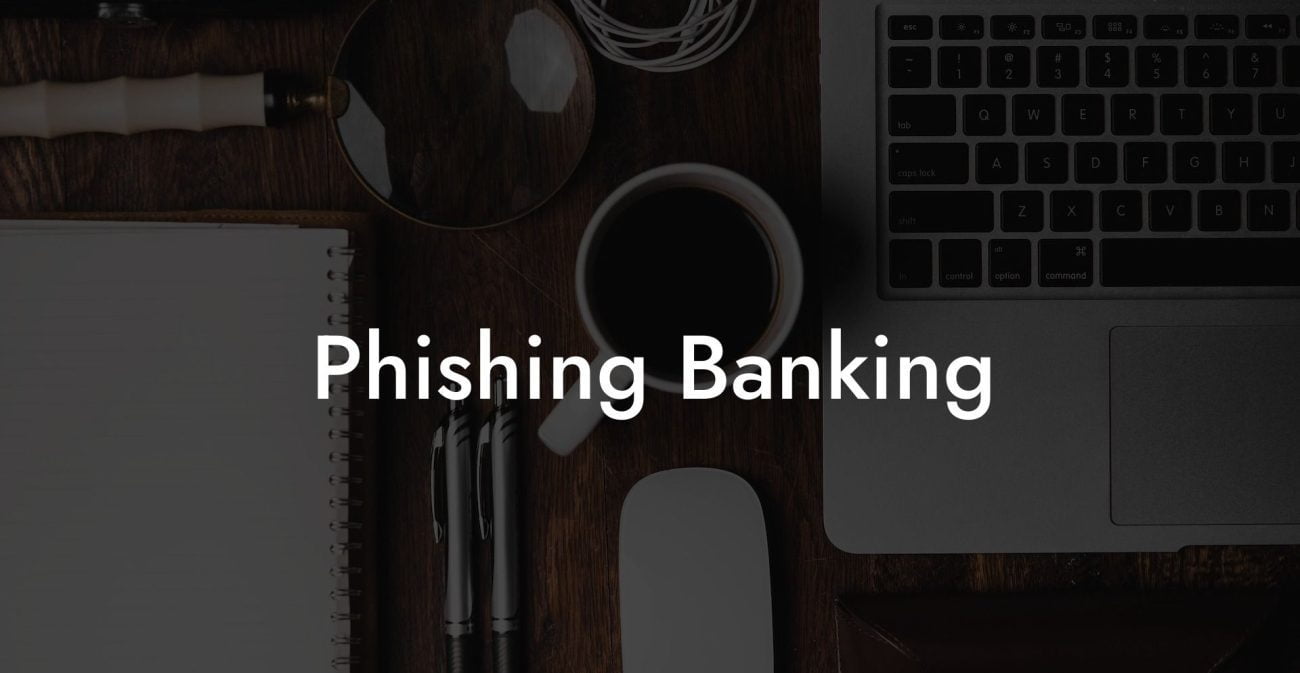In the digital era we live in, security is crucial. As technology evolves, so do the methods of those trying to exploit it. One such method is voice phishing, a dangerous and increasingly popular tactic used by hackers and cybercriminals. In this guide, we'll provide an in-depth look at voice phishing: what it is, how it works, and how to protect yourself from falling victim to these attacks.
Phishing For Information Table of Contents
Real-world Example of Voice Phishing
Understanding Voice Phishing
Voice phishing, or "vishing," is a deceptive technique used by scammers to gain access to your personal, sensitive, or financial information via phone calls. The attacker may pose as a legitimate organization, often using social engineering tactics to manipulate and deceive their targets. The goal is to gain the target's trust and convince them to provide confidential information such as passwords, bank account details, and social security numbers.
Real-world Example of Voice Phishing
Protect Your Data Today With a Secure Password Manager. Our Top Password Managers:
Imagine receiving a phone call from your bank, informing you of suspicious activity detected on your account. The person on the other end of the line seems knowledgeable and professional, mentioning account details and transactions. They ask you to confirm your identity by providing personal information and may even ask you to perform certain steps that will inadvertently grant them access to your account. This is a perfect example of voice phishing at work.
Signs of a Voice Phishing Attack
To avoid falling victim to voice phishing, it is crucial to be able to identify the telltale signs of an attack. These may include:
1. Unsolicited calls: Receiving a call from an unknown number or caller, particularly if you haven't provided your number to the purported organization.
2. Urgency: Scammers often create a sense of urgency, pressuring you to give them the desired information quickly and without further thought.
3. Request for personal information: Any legitimate organization should already have your personal information on file, and therefore should not need to request it over the phone.
4. Unfamiliar or vague company names: Scammers may use generic or slightly altered company names to gain your trust, so always double-check unfamiliar organizations.
5. Unprofessional language or tone: Legitimate organizations should be professional and courteous in their communication, so be cautious if the call seems unprofessional or too informal.
How to Protect Yourself
Now that we understand voice phishing and the signs to look out for, it is essential to know how to protect yourself from these attacks. Follow these guidelines to help ensure your personal and financial information remains secure:
1. Verify the caller: If you receive a suspicious call, ask for the caller's name and position in the company, then hang up and call the organization directly to confirm the legitimacy of the request.
2. Do not provide sensitive information over the phone: Keep in mind that legitimate organizations should not request personal information via an unsolicited phone call. If you have any doubts, decline their request and contact the company through official channels.
3. Be cautious with unknown callers: If you receive a call from an unknown number, let it go to voicemail and verify the legitimacy of the message before returning the call.
4. Educate yourself: Stay up-to-date on the latest phishing techniques and scams to better protect yourself from sophisticated attacks.
5. Use security software: Ensure that your computer and mobile devices are protected with reliable antivirus and security software.
In conclusion, voice phishing is a growing threat that we must all take seriously. By understanding what it is, being able to identify the telltale signs, and taking the necessary steps to protect our personal and financial information, we can safeguard ourselves from falling for these deceptive tactics. If you found this guide helpful, be sure to share it with others and explore our other articles on voice phishing to stay informed and protected.
Protect Your Data Today With a Secure Password Manager. Our Top Password Managers:

